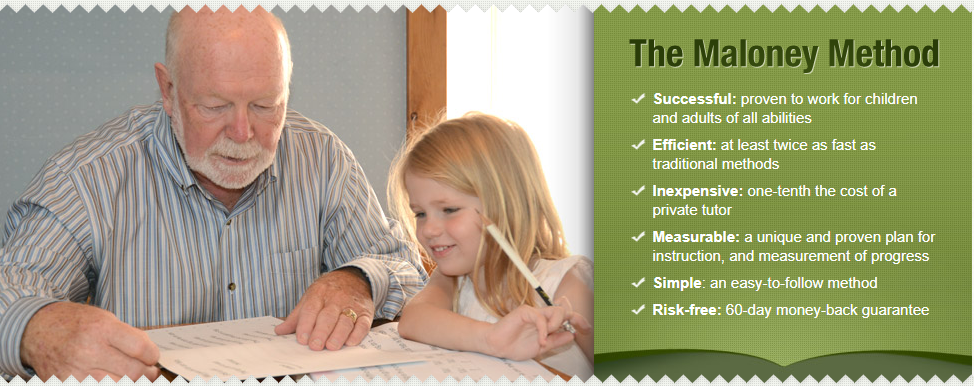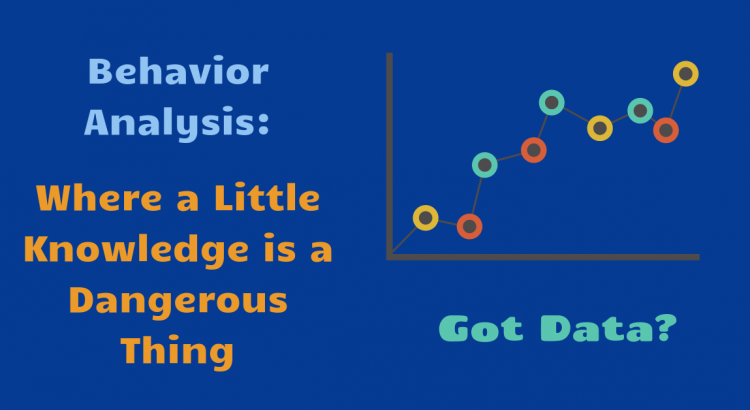By Michael Maloney PhD
Almost every classroom has at least one obstreperous student, many have several. Some teachers have or develop ways to deal with these students, other don’t. These students are often removed from class, sent to the principal’s office, suspended or even expelled. In many cases, they will be diagnosed with some condition, emotionally disturbed, ADHD, etc. Such a diagnosis plants the problem squarely inside the child and relieves the school of any real responsibility.
Sometimes, behavior modification is recommended. A program is designed and implemented and in many situations has little, if any, effect and after a brief sojourn, is discontinued. Behavior management programs are then discounted, put on the shelf and deemed not to work.
If one takes a closer, even more critical look at the process, a number of features typically stand out.
- First and foremost, the program that was implemented was not a replication of one that is among the almost 100,000 reported research studies in the journals using behavior analysis to solve classroom behavior management problems.
- Secondly, the proposed program sprung full-blown and untested from the mind of some teacher, special education specialist or other consultant who in most cases, turns out not to have an extensive background in applied behavior management.
- Thirdly, and most critically, no data is associated with the procedure to determine its effectiveness.
- Finally, this is not a “behavior management program” at all, just an attempt to mimic what its originator thinks behavior management to be based on their limited knowledge and belief.
If you want to know whether of not the attempted remediation is, in fact, a “behavior management program”, ask to see the data.
No Data – No Behavior Management Program
Here’s the rule: No recorded data equals no behavior management program. Full stop. No exceptions.
More About Michael Maloney

With 40 years of teaching experience, 25 learning centers around the globe, & 34 books to his credit, it’s no wonder he was named Canada’s Literacy Educator of the Year in 2001.
Michael Maloney is an educator, researcher, writer and speaker with over 50 years of hands-on experience in both the private and public education sectors. He has used this experience to pursue his dream of sharing his highly effective teaching methods with people around the world.
Michael’s methods have taught over 100,000 students to read. He’s a global leader in effective education strategies and he’s dedicated his career to ending illiteracy.
